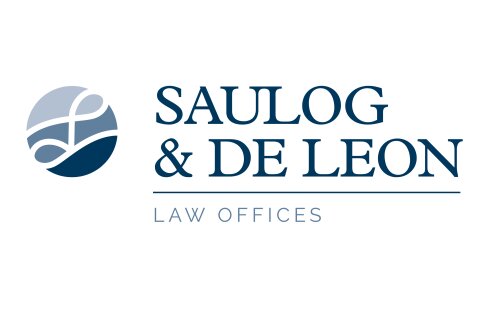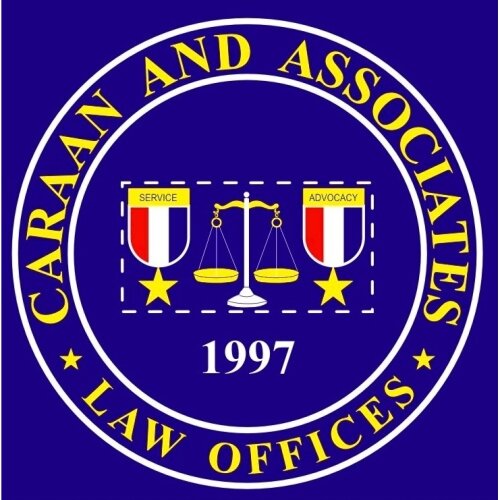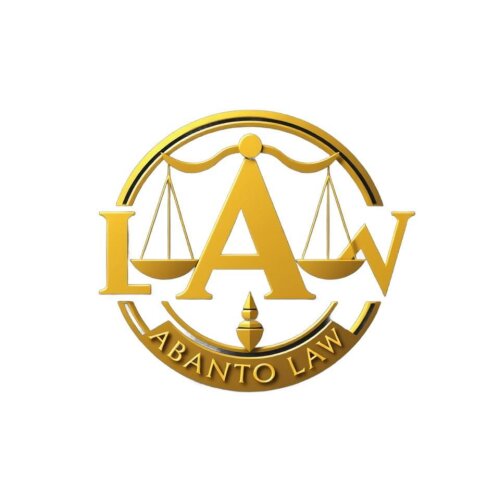Best Defamation Lawyers in Philippines
Share your needs with us, get contacted by law firms.
Free. Takes 2 min.
Or refine your search by selecting a city:
List of the best lawyers in Philippines
Philippines Defamation Legal Questions answered by Lawyers
Browse our 1 legal question about Defamation in Philippines and read the lawyer answers, or ask your own questions for free.
- Can I be sued for libel/ defamation?
- Last January 5, we booked a 4-day hotel accommodation in Agoda. Information and amenities were posted in Agoda and it was clearly stated that they allow pets (we have screenshots). When my partner arrived, they refused to accept us because they provided the wrong information to Agoda. They offered a... Read more →
-
Lawyer answer by Port Town Legal
Yes, it is possible to be sued for defamation. Portraying false information to slander or destroy one's name or reputation is a cause for filing a lawsuit.
Read full answer
About Defamation Law in Philippines
Defamation in the Philippines is a legal action that arises when one's reputation is damaged due to false statements. Traditionally divided into libel and slander, defamation laws in the country are primarily governed by the Revised Penal Code. Libel refers to defamation in written form, while slander pertains to spoken defamation. Aside from the Revised Penal Code, cyberlibel, which involves defamation over digital platforms, is governed by the Cybercrime Prevention Act of 2012.
Why You May Need a Lawyer
There are several scenarios where legal help is essential in defamation cases:
- You are accused of defamatory statements and need to mount a defense.
- Your reputation or business has been harmed due to false statements, and you seek to file charges.
- Understanding the nuances between libel and slander for your particular case.
- Navigating complex legal procedures, especially when dealing with cyberlibel issues.
- Seeking compensation for damages caused by defamation.
Local Laws Overview
The key aspects of defamation laws in the Philippines include:
- Revised Penal Code: Articles 353 to 362 cover libel, detailing the elements and penalties associated with libelous acts.
- Cybercrime Prevention Act of 2012: This law extends traditional libel definitions to include online statements, imposing more severe penalties for cyberlibel.
- Personal Defense: Truth is a valid defense in libel cases, but it must be coupled with good motives and justifiable ends.
- Prescription Period: Libel cases must be filed within one year of the alleged defamatory act, while cyberlibel has a prescription period of around 15 years.
Frequently Asked Questions
What constitutes defamation in the Philippines?
Defamation is an act of tarnishing someone's reputation by making false statements, either written (libel) or spoken (slander).
Is truth a defense against defamation?
Yes, truth accompanied by good motives and justifiable ends serves as a defense in libel cases.
How do libel and cyberlibel differ?
Libel refers to defamatory statements made in traditional media, while cyberlibel covers statements made online and carries harsher penalties.
Can corporations be defamed?
Yes, corporations and business entities can be subjects of defamation, and they can file for damages if defamed.
What are the penalties for libel?
Penalties under the Revised Penal Code can include imprisonment or fines, and cyberlibel often leads to harsher sentences due to the wider reach of digital platforms.
How can one prove defamation?
The plaintiff must show that the statement was false, injurious, and made with malice or negligence.
Are opinions considered defamatory?
Opinions are not considered defamatory if they don't misstate facts or imply false statements about an individual.
What is the process for filing a defamation lawsuit?
You should consult with a lawyer to draft and file a complaint, then follow the legal procedures including prosecution and potential trial.
Can public officials sue for defamation?
Yes, but public officials must also prove that the statement was made with actual malice.
What should I do if I'm accused of defamation?
Seek immediate legal counsel to understand your rights and prepare a defense strategy.
Additional Resources
Consider reaching out to the following resources for further guidance:
- Integrated Bar of the Philippines (IBP): Provides legal assistance and can direct you to experienced defamation lawyers.
- Philippine National Police (PNP) Anti-Cybercrime Group: Offers support for cyberlibel issues and related inquiries.
- Law Schools and Legal Clinics: Often provide pro bono services or initial consultations for those seeking legal advice.
Next Steps
If you believe you have a defamation case or are accused of it, consider the following steps:
- Consult a Lawyer: Engage with a lawyer who specializes in defamation law to understand your position and legal options.
- Document Evidence: Gather any evidence related to the defamatory statement, including physical copies, screenshots, or recordings.
- Stay Informed: Understand your legal rights and obligations by reading up on the relevant Philippine laws and standards concerning defamation.
- Consider Mediation: Depending on the case, mediation may be a preferable first step to resolve disputes without going to court.
Lawzana helps you find the best lawyers and law firms in Philippines through a curated and pre-screened list of qualified legal professionals. Our platform offers rankings and detailed profiles of attorneys and law firms, allowing you to compare based on practice areas, including Defamation, experience, and client feedback.
Each profile includes a description of the firm's areas of practice, client reviews, team members and partners, year of establishment, spoken languages, office locations, contact information, social media presence, and any published articles or resources. Most firms on our platform speak English and are experienced in both local and international legal matters.
Get a quote from top-rated law firms in Philippines — quickly, securely, and without unnecessary hassle.
Disclaimer:
The information provided on this page is for general informational purposes only and does not constitute legal advice. While we strive to ensure the accuracy and relevance of the content, legal information may change over time, and interpretations of the law can vary. You should always consult with a qualified legal professional for advice specific to your situation.
We disclaim all liability for actions taken or not taken based on the content of this page. If you believe any information is incorrect or outdated, please contact us, and we will review and update it where appropriate.
Browse defamation law firms by city in Philippines
Refine your search by selecting a city.

















